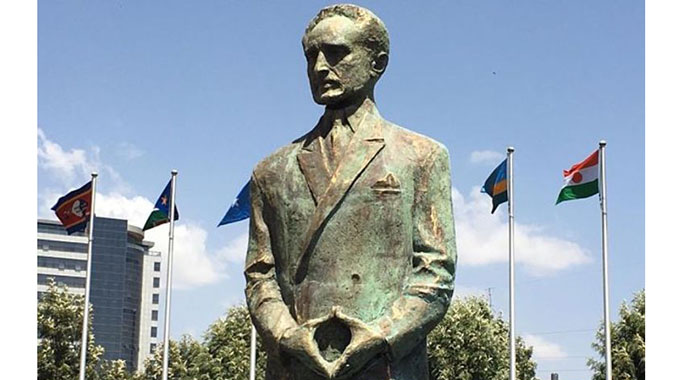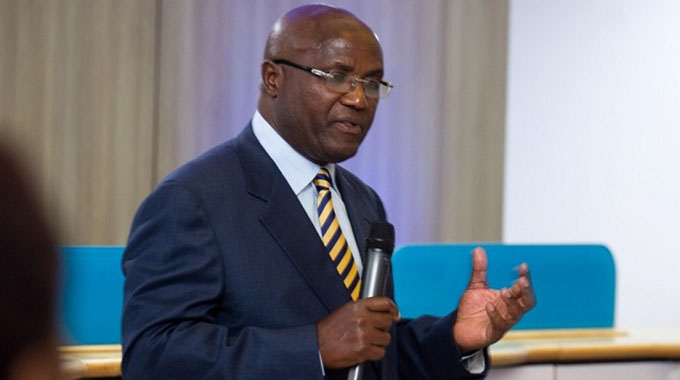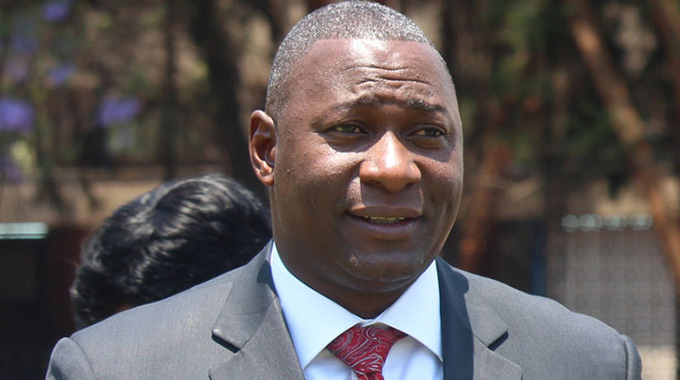Honouring Selassie through a united Africa

Christopher Farai Charamba Political Writer
At the recent African Union Heads of State and Government summit in Addis Ababa, the AU unveiled a statue of Emperor Haile Selassie outside the organisation’s headquarters.
The former Ethiopian leader was honoured for his contribution to unity building on the continent and the formation of the Organisation of African Unity in 1963, the precursor to the AU.
Along with other continental stalwarts such as Kwame Nkrumah and Julius Nyerere, Haile Selassie was an advocate for the independence of countries on the continent from colonial rule as well as the unification of Africa as a whole.
The OAU Charter signed on May 25, 1963 desired “that all African states should henceforth unite so that the welfare and well-being of their peoples can be assured”.
Unfortunately, some 56 years later the unification of the continent remains an unattained desire.
Pan-Africanism was the driving force in the fight against colonialism but following that, the process of bringing the continent together as a united entity did not come to fruition as envisioned with Africa still divided by its colonial borders.
In the book, “The African Union: Autocracy, Diplomacy and Peace Building in Africa” edited by Tony Karbo and Tim Murithi, Professor of International Relations, Kuruvilla Mathews notes that when the AU was formed in 2002, the continent was poised for a new dose of pan-Africanism.
“In the fast-globalising world economy pan-Africanism and the African Renaissance demanded hastening Africa’s integration into a powerful united entity that could set its own agenda and effectively play a leading role in world affairs,” he wrote.
Africa’s new set of leaders, Mathews said, “articulated pan-Africanism afresh in a new form of a comprehensive set of norms, values and principles of democracy, good governance, peace and security, development and partnership-based cooperation.
It is clear that African leaders since the inception of the different African institutions, have recognised the importance of a united Africa and what is required for this to be achieved
However, approaching two decades after the rebranding of the OAU to the AU, a fully integrated continent is not yet into being.
While there have been attempts to bring about the changes through initiatives such as the African Union passport, and the African Continental Free Trade Agreement (ACFTA) these are still in their infancy and not operational.
The AU passport is set to aid travel around the continent, however, this will not be applicable if countries do not open their borders to each other and still require other Africans to acquire visas to visit them.
The unification of the African continent requires at the core, free movement of people and goods across borders. Not only will this aid trade but also allow other Africans to see what their neighbours in other places look like and get a better cultural appreciation.
Easing the entry will make it more convenient for Africans to travel to other African countries and could potentially reduce the cost of travelling across the continent.
The ACFTA signed in Rwanda in March 2018, which seeks to create a free trade area for 49 out of 55 African countries, is another honourable initiative from the continental body.
It is a necessary step for economic integration in Africa and will aid the growing of trade among African countries.
This is definitely a necessary step if Africa is to fully utilise its vast resources and move towards self-sustainability.
According to the United Nations Economic Commission for Africa estimates, the ACFTA has the potential to boost intra-African trade by 52 percent by 2022.
But like most issues on the continent, a lack of political will encumbers such programmes. For the ACFTA to come into effect it requires 22 African states to ratify it. So far, only 19 countries have done so.
Then there is the fact that Nigeria, one of the biggest economies on the continent, has not even signed the agreement, illustrating that they seem to be on a different page to other countries.
While it is impossible for total agreement with regards to policy on the continent, there needs to be concerted effort to build consensus around key issues for Africa and its future.
Erecting a statue of Haile Selassie outside the headquarters of the African Union is a noble gesture.
But if the institution and the leaders of African countries truly wish to give him his due credit, then it is important for them to fulfil the wishes of the Ethiopian Emperor and commit to uniting the continent.







Comments